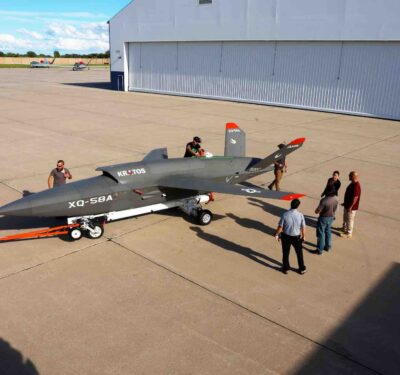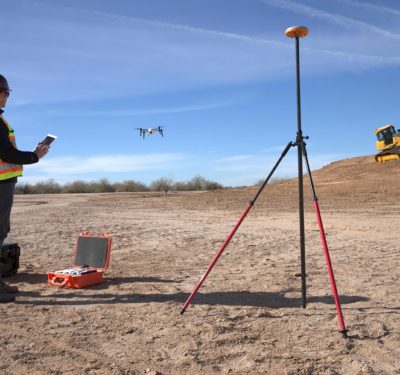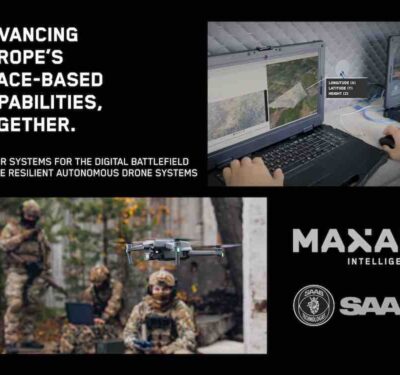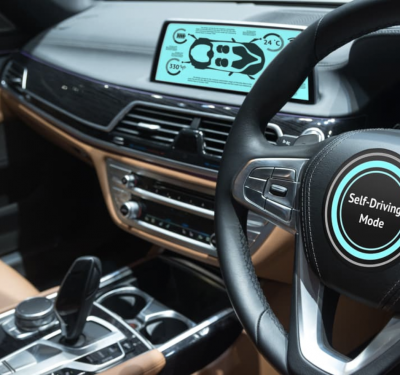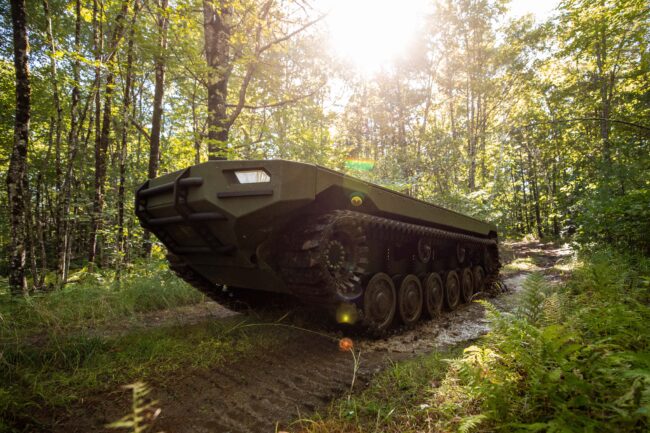
DETROIT ARSENAL, Michigan—The U.S. Army has awarded agreements to four companies to design and build Robotic Combat Vehicle (RCV) platform prototypes in Phase I of a multi-phase, program of record competition.
The agreements went to Textron Systems Corp. of Hunt Valley, Maryland; McQ Inc. of Fredericksburg, Virginia; General Dynamics Land Systems of Sterling Heights, Michigan, and Oshkosh Defense LLC of Oshkosh, Wisconsin.
The total combined base award value is $24.7 million, the Army announced.
The four companies will each build and deliver two platform prototypes by August 2024 to support platform mobility testing and a Soldier touchpoint. At the same time, they will mature and deliver integrated system designs toward Army requirements for a lightweight, modular, and upgradeable robotic combat vehicle.
This full system prototype award is part of the RCV-Light (RCV(L)) Middle Tier Acquisition–Rapid Prototyping program capability that could be transitioned to production and fielding to support the Army of 2030.
“The Army of 2030 and beyond will rely on systems with advanced technology and growth potential,” said Maj. Gen. Glenn Dean, program executive officer for Ground Combat Systems. “These are often developed by traditional and non-traditional business.”
The RCV-Light is intended to deliver increased situational awareness, lethality and tactical options for Army formations in support of multi-domain operations. Its operators will remotely control RCVs or task them to operate semi-autonomously. Variants will serve as “scouts” or “escorts” for manned fighting vehicles.
Downselect in 2025
Following Phase I, the Army will compete for Phase II among the Phase I contractors and downselect to a single awardee in Phase II in fiscal year 2025 to finalize system designs, build and deliver up to nine full-system prototypes in fiscal year 2026. Further performance, reliability, and user testing of these systems will support a follow-on production decision in fiscal year 2027, and the first unit fielding is anticipated for fiscal year 2028.
“Human-machine integrated teams are the future of successful ground combat in the land domain,” said Brig. Gen. Geoffrey Norman, director of the Next Generation Combat Vehicles Cross Functional Team. “Bringing RCVs into our formations will give our Soldiers new capabilities to fight and win with the changing character of war.”
The Army selected vendors for the Phase I through an Other Transaction Authority business tool, a procurement process that allows federal agencies to enter into agreements with non-traditional defense contractors, such as small businesses, research institutions and nonprofit organizations. Earlier this year, the Army also entered into three OTAs for RCV autonomous software development over the next two years with the Defense Innovation Unit.


